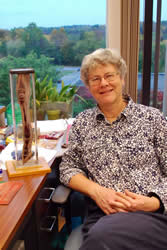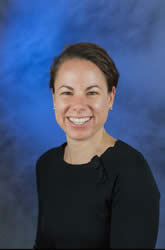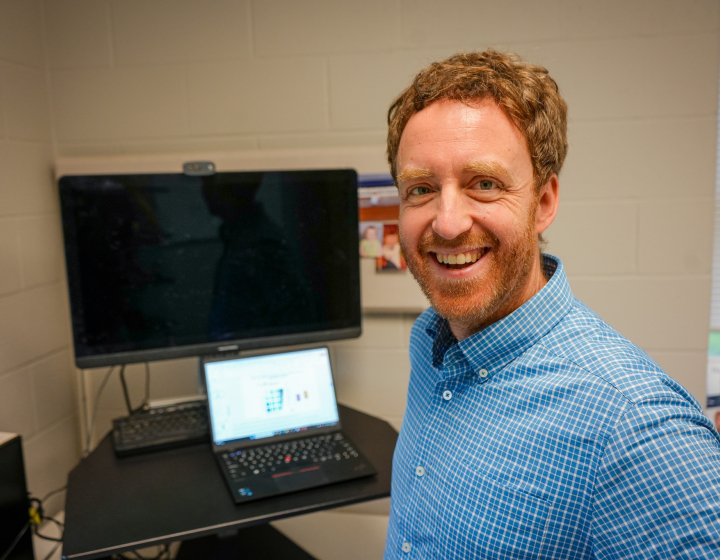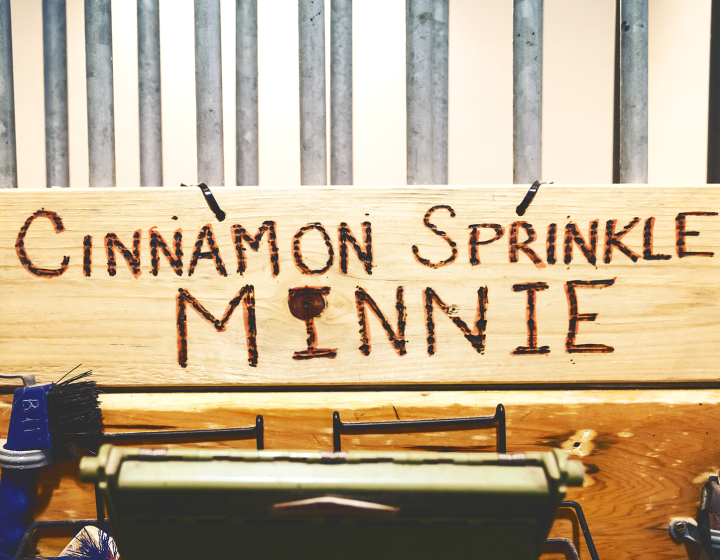Students win fellowship to share orthopedic research

When the structures that hold us together fall apart, Cornell University grad students from across disciplines are finding new ways to mend the damage. Two converged at the Orthopaedic Research Society’s (ORS) annual meeting in January 2013 to present their separate work toward a common goal: improving healing through cutting-edge orthopedic research.
Both received full funding from the Kappa Delta/American Academy of Orthopaedic Surgeons Travel Award. Dr. Cornelia Farnum, James Law Professor of Anatomy, emerita at the College of Veterinary Medicine established the award in 2010 to promote orthopaedic research at Cornell. It provides up to $1,500 in travel expenses for a trainee who will be presenting research at the annual meeting of the ORS, the research society of the American Association of Orthopaedic Surgeons (AAOS).
“It’s a very well known award within the orthopedic research community and going to the meeting was incredibly helpful for me,” said recipient Dr. Kyla Ortved, an equine veterinary surgeon and comparative biomedical sciences PhD student at the College of Veterinary Medicine. “It was a great venue to meet other people in the field, both veterinarians and human doctors, network for the future, and learn from the huge breadth of research in the field.”

Ortved is looking at using gene therapy to improve cartilage healing. Her work on repairing damaged femur cartilage, a big problem in equine sports medicine, is laying the groundwork for treating similar injuries in humans.
“One of the biggest problems with cartilage damage in human medicine is that cartilage heals very poorly,” said Ortved.
“Cartilage cells don’t readily regrow. Even young athletes who suffer small traumatic events in cartilage or joint issue are more likely to develop arthritis. Doctors have tried fixing joint defects by placing cells on the injury to improve repair, but it’s still not as good as it could be.”
With a gene therapy approach that uses a harmless virus to deliver a protein that boosts healing capabilities to cartilage cells, Ortved has successfully improved injury repair in horses. Another genetic tweak using RNA interference in cartilage cells in a lab setting successfully knocked out problematic proteins in those cells that had inhibited healing. Gene therapies like these are a big emerging field in human research, but are not yet used clinically in musculoskeletal injuries.
“I’m hoping my work can help that change and better enable horses and humans to heal cartilage damage,” said Ortved. “My research extends basic, bench-top work to clinical application in veterinary and human medicine. I’m passionate about my career as a scientist and equine veterinary surgeon and hope to continue a career of translational research.”
Dr. Claudia Fischbach
Dr. Maureen Lynch, a postdoc in Cornell’s Department of Bioengineering, also received the award. Her work on ways to strengthen bones weakened by cancer aims to improve patient care and physical therapy. Involving both basic research and clinical applications, it goes beyond Cornell’s College of Engineering and hinges on collaborations with Cornell’s College of Veterinary Medicine and Weill Medical College.
“These kinds of awards really facilitate interdisciplinary collaborations,” said Lynch. “My work would be nowhere without people like Dr. Farnum, who works with other scientists to contribute expertise and who facilitates opportunities like attending this conference. I learned very relevant information there and got great feedback from the orthopedic specialists. You need collaborations and interdisciplinary insight to make this kind of science move.”




